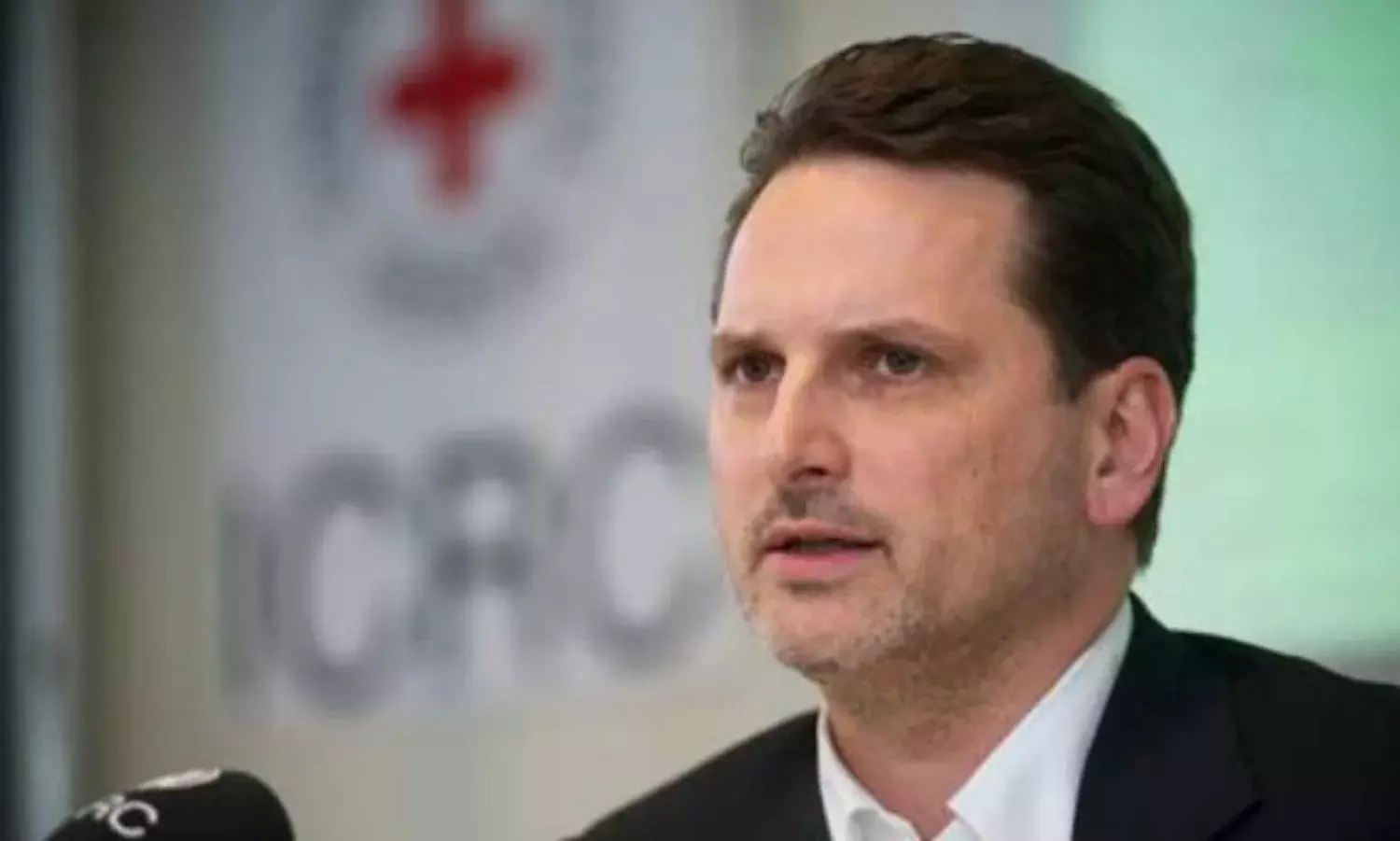EU, China and India Should Step In, Says UNRWA Commissioner General
'We should never allow words like occupation to become abstract'

Over the past few years Israel’s demand to shut down the United Nations Agency for Palestine Refugees (UNRWA) has dramatically increased in pitch. Israeli Deputy Foreign Minister Tzipi Hotovely’s recent comment that UNRWA needs a ‘fundamental re-examination’ reveals the growing propaganda and threats targeting this refugee agency.
Established in 1949, UNRWA provides essential aid, education and support to Palestinian refugees in the occupied territories of Gaza, the West Bank and East Jerusalem, and Syria, Jordan and Lebanon.
UNRWA is facing an onslaught under the Netanyahu and Trump administrations - last September the US government, its largest single donor, pledged to stop funding the refugee agency, saying it was ‘irredeemably flawed’.
To understand the challenges faced by UNRWA in the aftermath of the popular uprisings across West Asia since 2010, we spoke with Pierre Krähenbühl, the commissioner-general of UNRWA.
What are the main challenges facing UNRWA?
The fundamental issues of the Palestine-Israel conflict have not been resolved. Aspirations of self-reliance and self-determination have been snatched away from the Palestinians. After its independence, India set landmarks and benchmarks. On the contrary, in almost the same time-frame, Palestinian refugees have remained occupied. Every single aspect of life is defined by the occupation. We should never allow words like occupation to become abstract.
It is absolutely necessary to reject the idea that conflict is inevitable. This very narrative keeps the conflict going. We need to understand the politics of conflict resolution. There’s a growing over-reliance on humanitarian aid and military intervention, like in Afghanistan, Syria and Iraq. The big missing piece is definitely identifying conflict resolution and not management.
How has the concept of conflict resolution evolved?
After the end of the Second World War we inherited fundamental instruments like the UN High Commission for Refugees, and the Refugee and Geneva Conventions.
It is now said that these instruments are anachronistic, as in today’s world the threat of Al Qaeda, for example, is more excruciating, especially after 9/11.
But we have to understand these instruments, which were created after suffering holocaust, colonialism and much worse episodes. If we lose these frameworks, we will never resolve conflict.
How is the young Palestinian population different from generations prior?
The majority of the young refugees were born after the Oslo Accords; they are less than 25 years of age. Their fundamental aspirations and hopes are being betrayed.
We lost 13 UNRWA students in Gaza this year. I always name them in the UN General Assembly sessions because they were actors of their destiny.
They need to be remembered. It is a very courageous generation, too.
What is the response of the international community so far?
We have had more Palestinians injured in demonstrations now [in the Great March of Return through most of 2018] than compared with the 2014 war, which had artillery strikes and bombings.
The international community is ignoring their names, numbers and traumatic impact.
In Syria for example, the Palestinian refugees who fled during Al Nakba [The Catastrophe, referring to the colonial creation of Israel] already suffered the traumatic ramifications of it.
The entire trauma is being repeated now for them due to eight years of the Syrian conflict.
The funding cuts by the US are discouraging. The pressure on Palestinian leaders by the US is also tremendous.
What is the solution to the Israel-Palestine conflict?
Often we tend to over-simplify complex issues. The two-state solution had received a vast international consensus. But diplomats are not acting on it. Where is the action?
The negotiation parameters are already there. It is a military occupation but the Geneva Convention calls it a conflict.
Which country can act as a better mediator for the peace deal?
This is a completely different paradigm now with a much broader base. The reflecting centres of the world like India are acting responsibly. Negotiations need to be made, concessions need to be given.
There is no single actor now.
What has the impact of the ‘Arab Uprisings’ been?
The varied number of events in West Asia has over-shadowed the Palestinian narrative. The Palestinian issue is not the only issue now. Several lives and livelihoods have been impacted. In Syria, 65% of the Palestinian refugees have been displaced.
Are there cases of corruption in UNRWA?
When you have a large organisation employing 30,000 professionals, both internal and external investigation is needed. If there is any substantial allegation, we investigate it.
We are one of the most scrutinised human rights organisations.
What is UNRWA’s relationship with Hamas?
We are often criticised for being so close with Hamas that it can’t be distinguished. But this is not true.
I myself condemned Hamas last year as they built underground tunnels under two of our schools.
We have a strong working relation with the Palestinian Authority.
How is education changing young Palestinians?
In the past two years UNRWA created the institution of student parliaments. These representatives, including 22 boys and girls from Syria, Gaza, the West Bank, Lebanon and Jordan, were involved in the act of presentation in the UN General Assembly and Arab League.
‘Do not see us as victims, look at us for our skills and desires,’ they say.
Pierre Krähenbühl left us with a concrete reflection, describing how in the process of formulating the Iran deal there was cooperation between the European Union, China, Russia, the UK and the USA, despite the fact that there was friction between the EU and Russia on Crimea.
‘It took 13 years to reach the agreement, but it happened. It’s time that China, the EU, India stepped in to broaden the base. The collective cleansing and healing of trauma cannot happen in closed spaces.’



